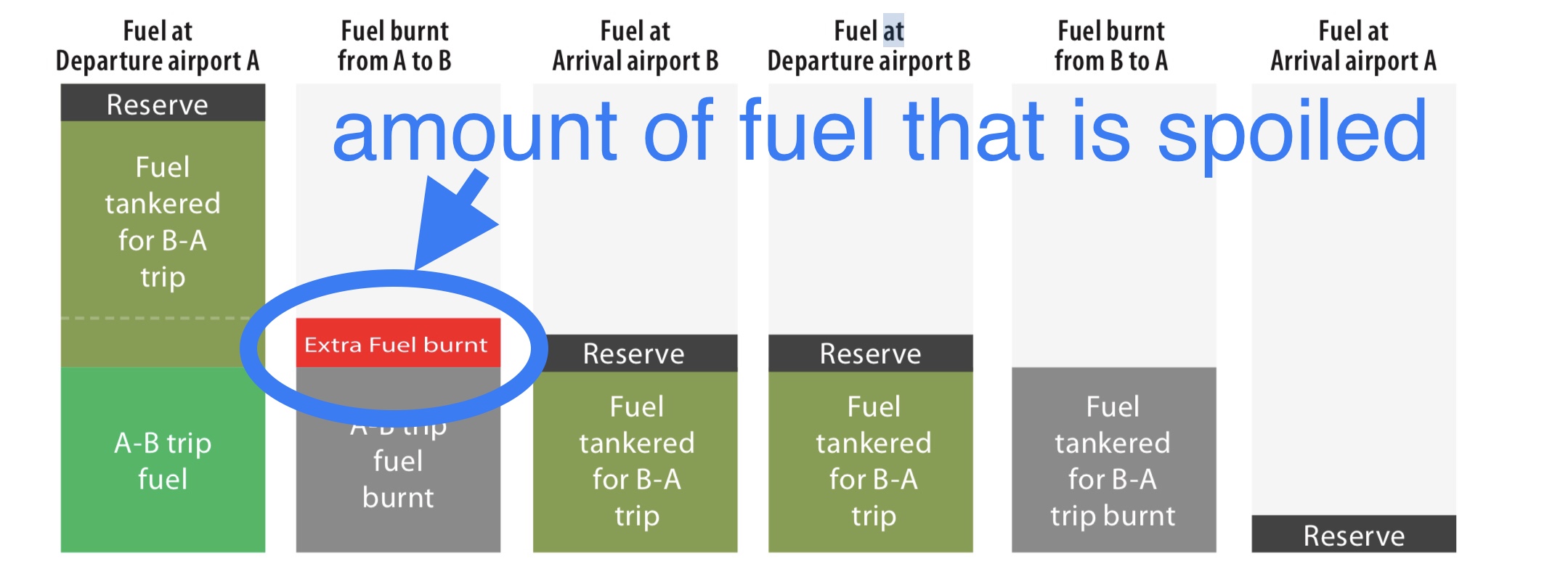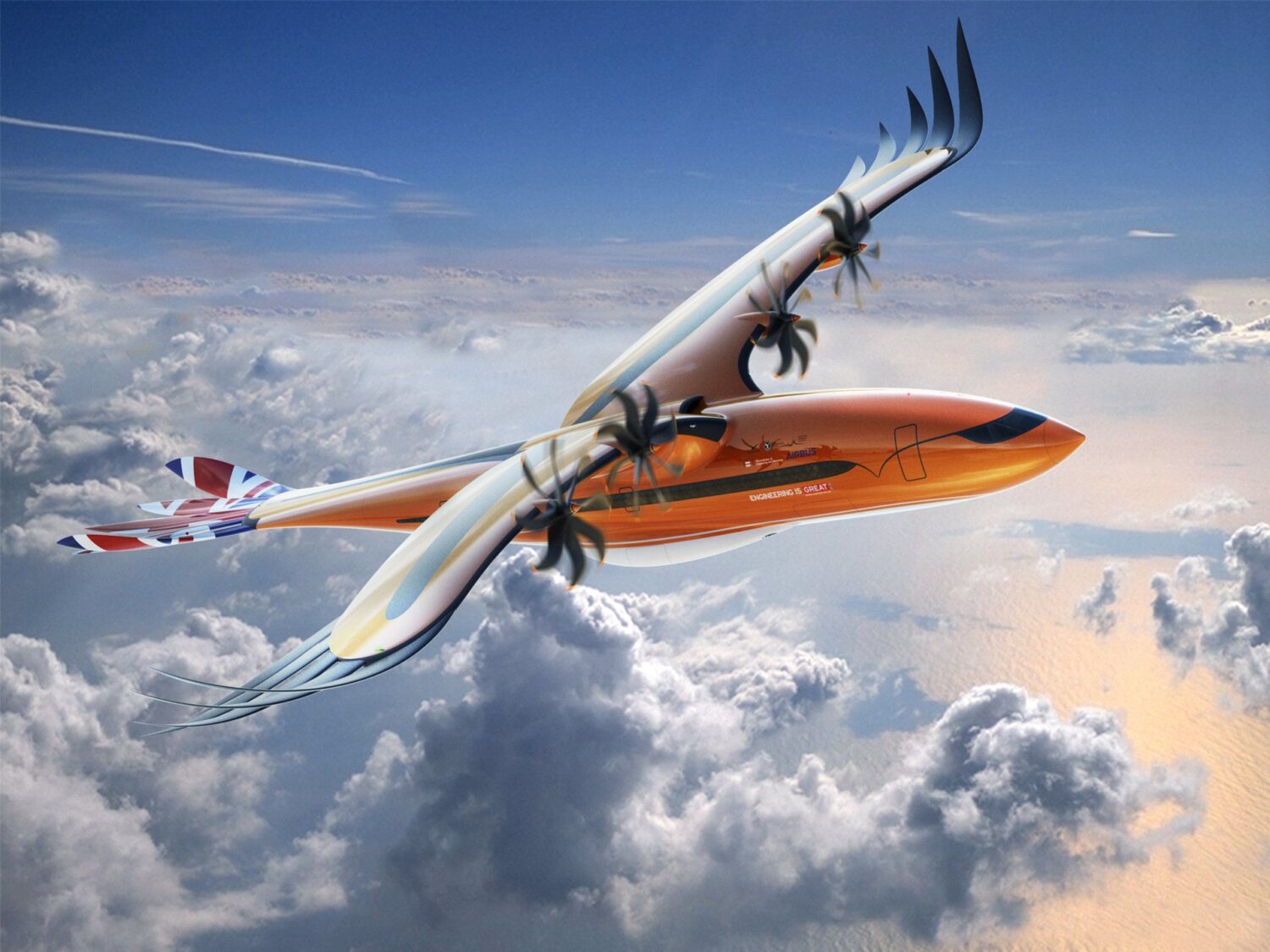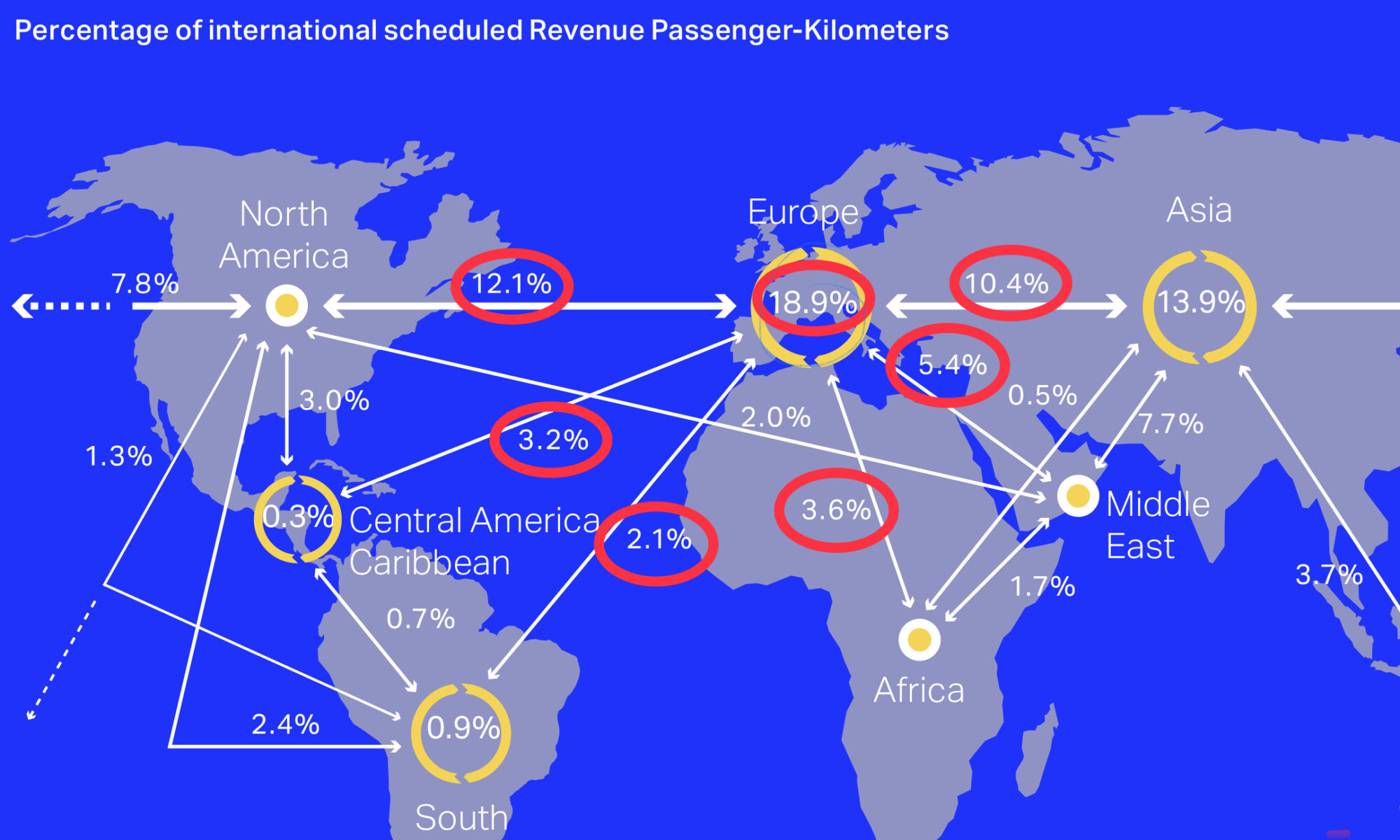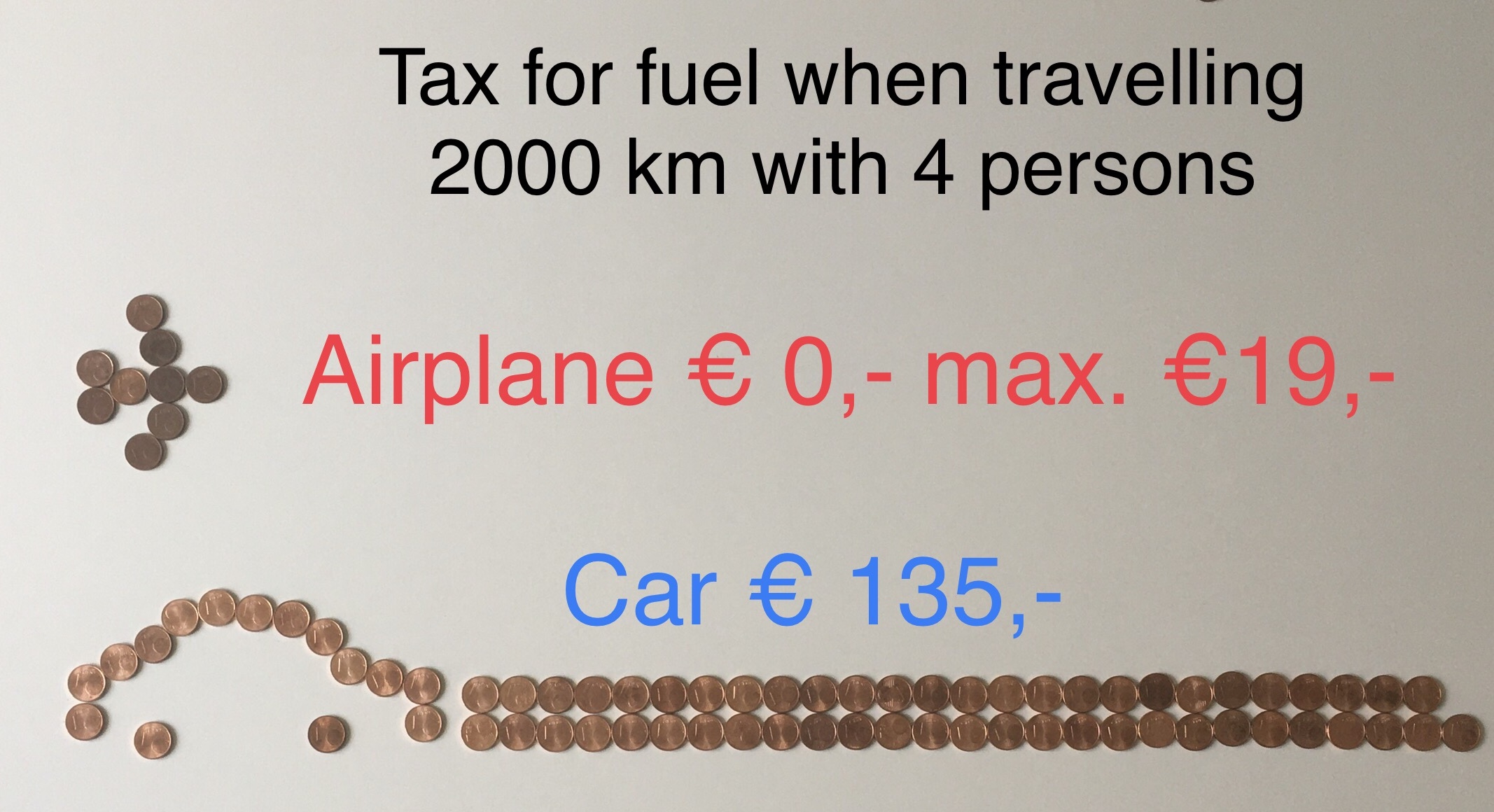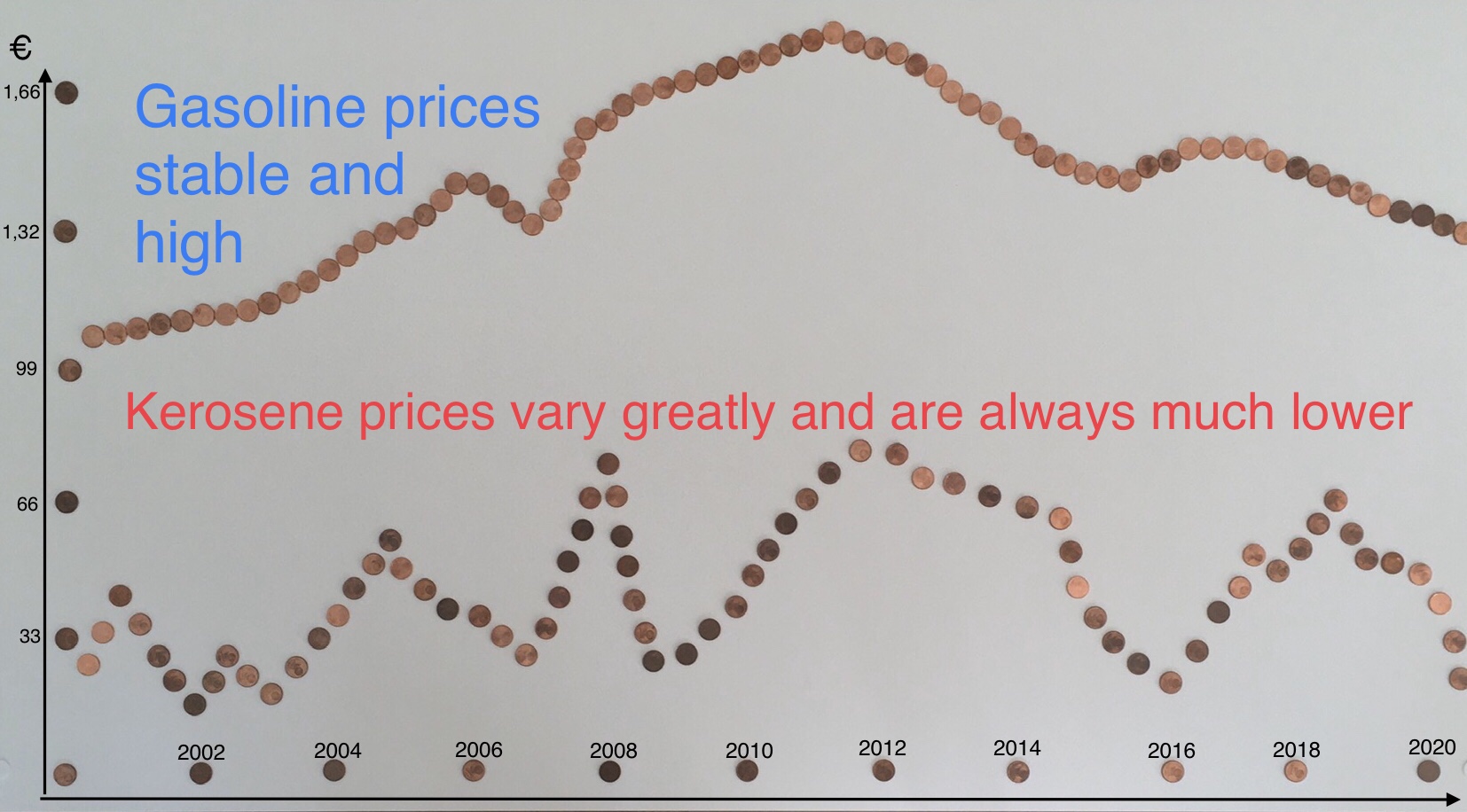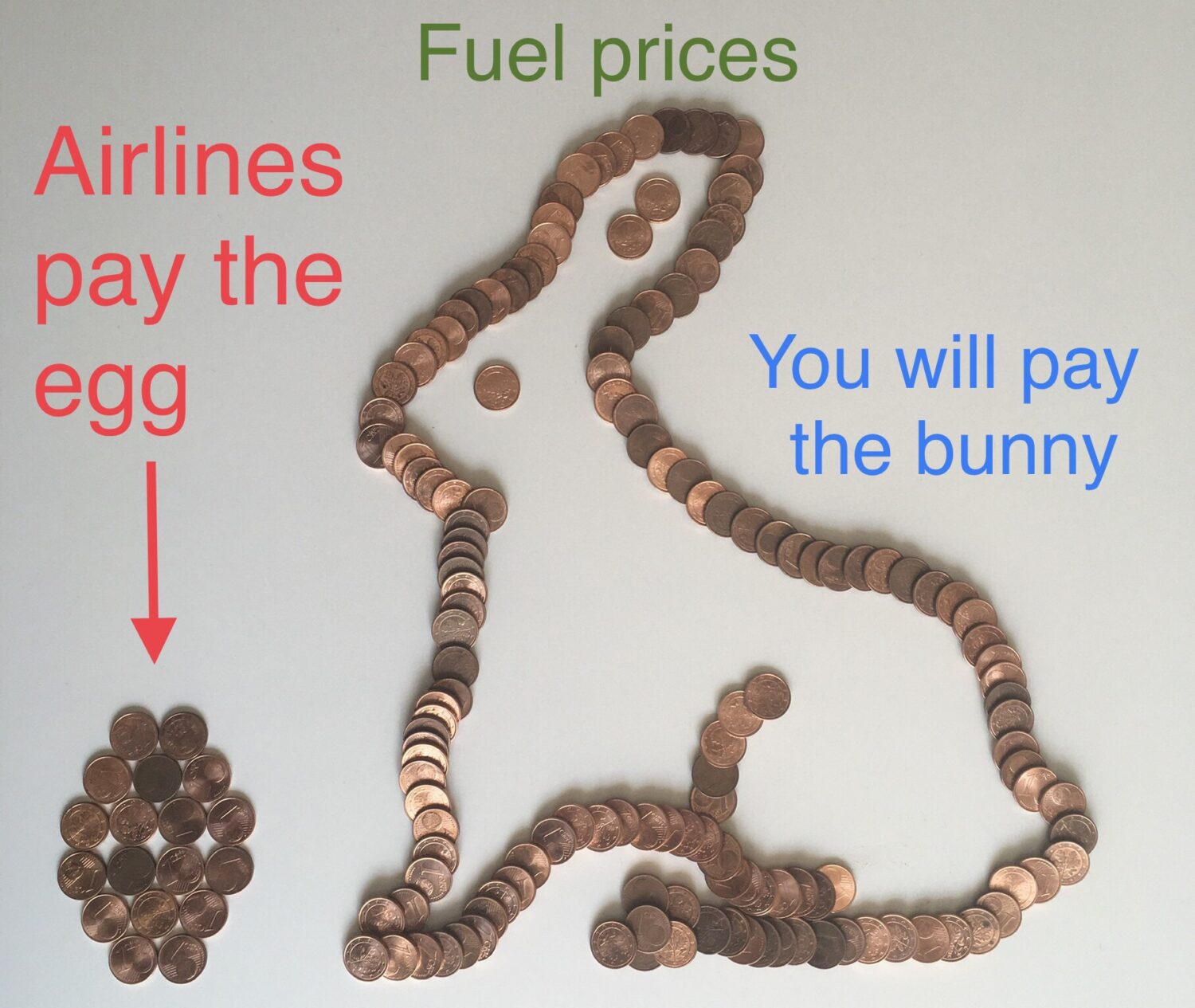Airlines balance the costs for fuel against costs for delays
 EU air passenger rights in case of denied boarding, a delayed flight or a cancelled flight grant delayed passengers a compensation of up to € 600.-!
EU air passenger rights in case of denied boarding, a delayed flight or a cancelled flight grant delayed passengers a compensation of up to € 600.-!
Pilots, flight attendants, passengers or luggage, generate extra costs when missing a connecting flight. Cheap fuel is spent for high speed flying to minimise any costs due to chronic airline delays.
To stay on top of the punctuality-rankings, airlines nudge pilot’s to depart not one minute late. Up to 50% of the flights are therefore flown high speed to catch up delays into congested European hubs. 2018 OAG Aviation Worldwide Limited, On-time performance for airlines and airports and Top 20 busiest routes.
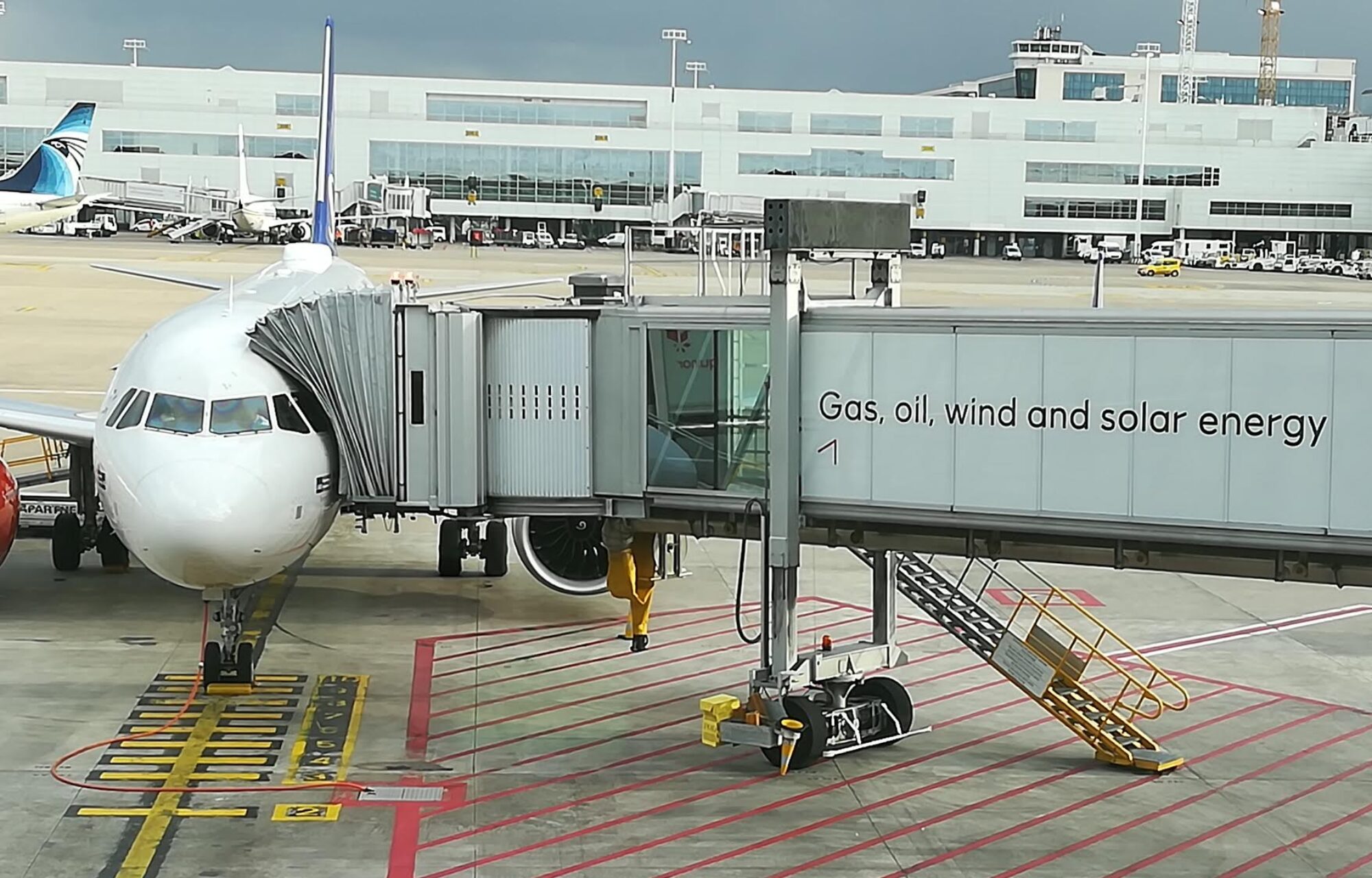
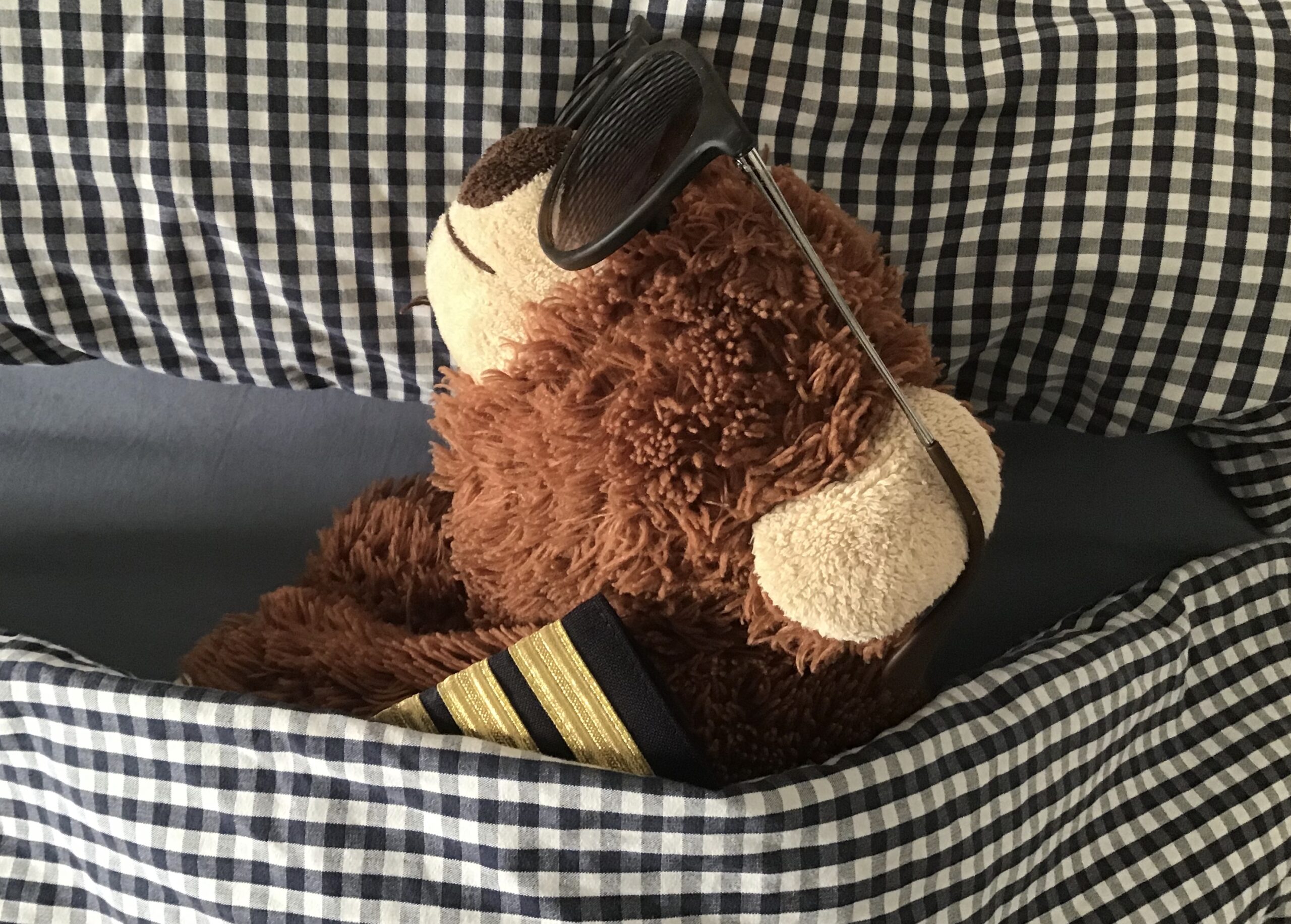 Flights must be manned with 2 pilots. However, longer intercontinental flights must be manned with 3 or 4 pilots, because legal work and rest times regulations require pilots to have inflight-rest periods.
Flights must be manned with 2 pilots. However, longer intercontinental flights must be manned with 3 or 4 pilots, because legal work and rest times regulations require pilots to have inflight-rest periods. Aircraft maintenance costs go by the hour. The faster the flights, the lower the maintenance costs. Airlines prefer to consume more fuel and fly at higher speeds instead of saving fuel when prices are low.
Aircraft maintenance costs go by the hour. The faster the flights, the lower the maintenance costs. Airlines prefer to consume more fuel and fly at higher speeds instead of saving fuel when prices are low.